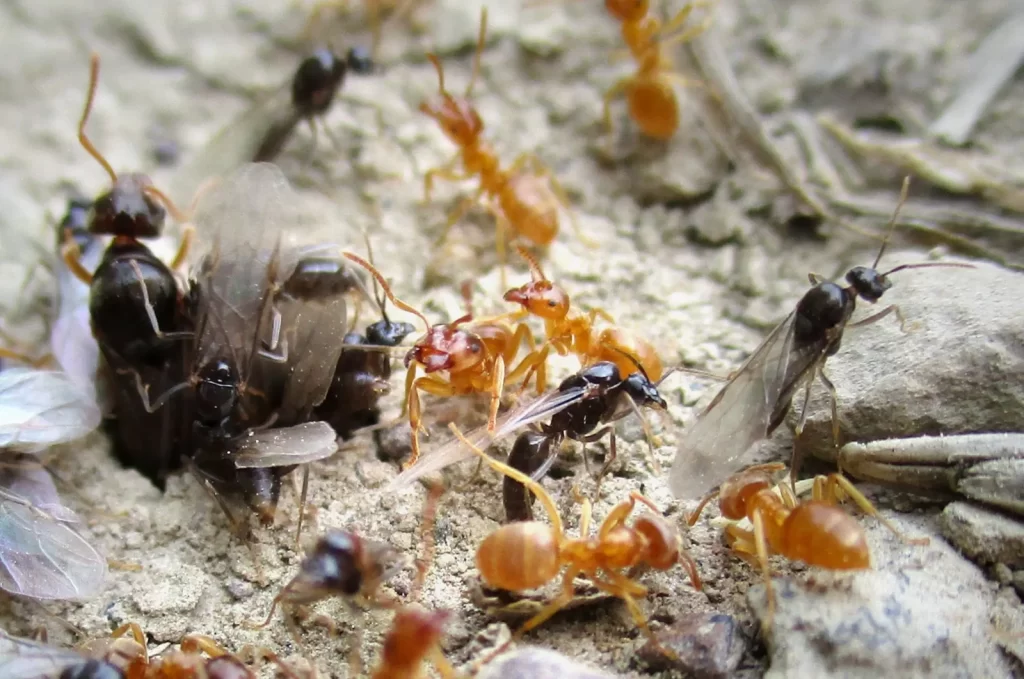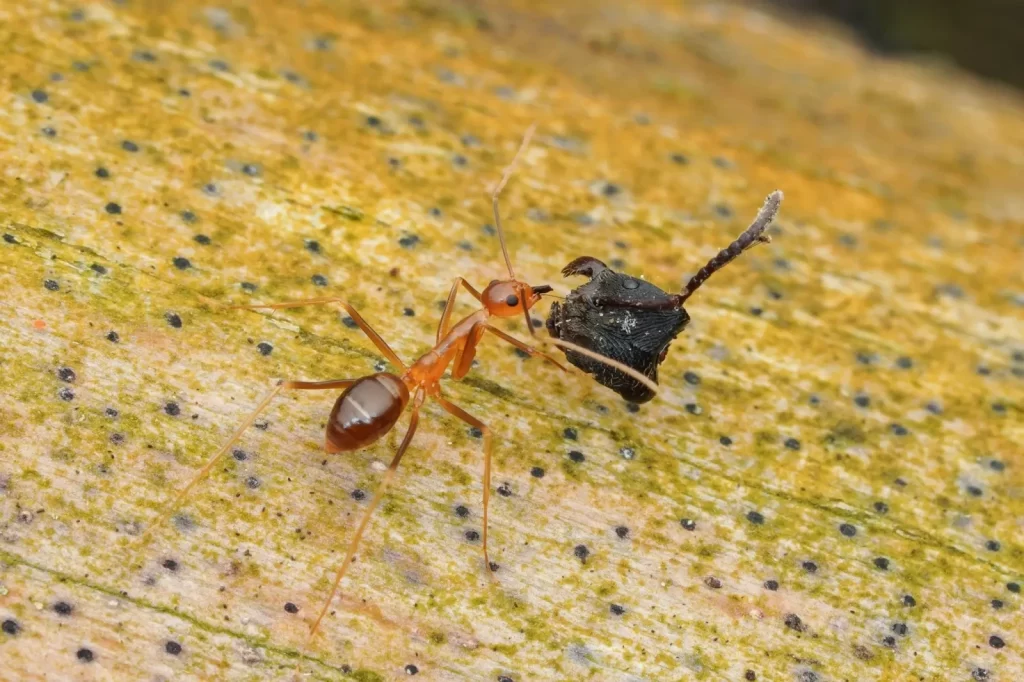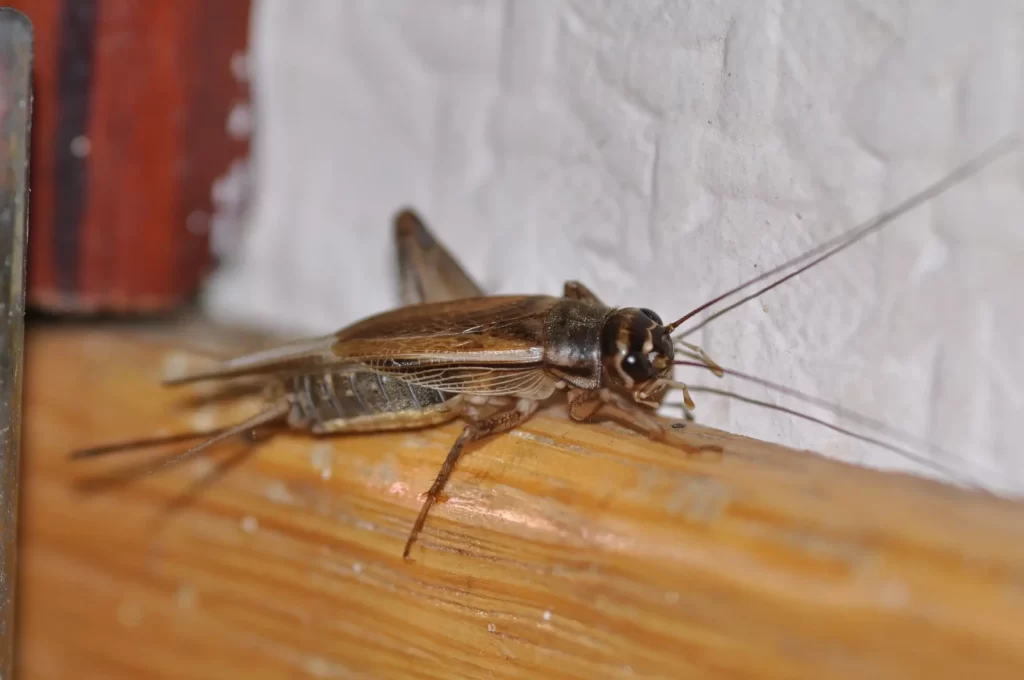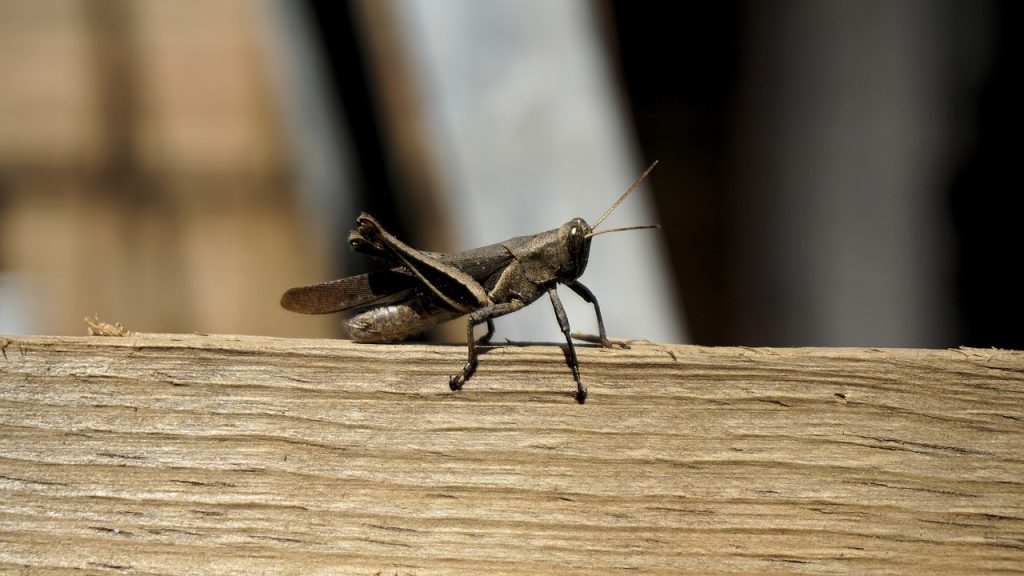Rats are notorious for their relentless chewing habits, which can cause significant damage to homes, vehicles, and property. Rats chew so much, especially on materials like wires and plastic due to their biology and behavior. Understanding these reasons can help you take effective steps to prevent and stop rats from chewing through important items.


Biological Need for Chewing
Rats have a biological reason for constant chewing. Their teeth, particularly their incisors, grow continuously. To prevent their teeth from becoming too long, which can affect their health, rats must gnaw on various materials to wear them down. This natural behavior is why rats chew wires, plastic, wood, and even metal. Their need to grind down their teeth is a survival mechanism that ensures their incisors stay at a manageable length.
What Can Rats Chew Through?
Rats are incredibly strong chewers. They can gnaw through materials that may seem impossible for such small creatures. For instance, rats can easily chew through plastic, wood, and even softer metals like aluminium. This ability makes them particularly dangerous when they find their way into homes and vehicles, where they can damage wiring, insulation, and other materials. Understanding what rats can chew through emphasizes the importance of protecting your property from these persistent pests.What Can’t Rats Chew Through?
Despite their powerful jaws, there are some materials that rats cannot easily chew through. Thick metals like steel or iron are generally safe from a rat’s teeth. Additionally, certain types of concrete and hard ceramics can also resist their gnawing. Knowing what materials rats can’t chew through can help you fortify your home or vehicle against their destructive behavior. For example, using steel wool to block potential entry points can be an effective deterrent.How to Stop Rats from Chewing Wires?
Rats chewing on wires is a common and dangerous problem. Not only can this cause electrical failures, but it also poses a serious fire hazard. To stop rats from chewing wires, consider using protective coverings made from materials that rats find difficult to gnaw through, such as metal. Additionally, keeping your home and vehicle clean and free of food sources can reduce the likelihood of attracting rats in the first place. Regular inspections are essential for catching any signs of rat activity early before they cause significant damage.
How to Prevent Rats from Chewing Car Wires?
Car wires are particularly vulnerable to rat damage, especially if the vehicle is stored in a garage or left unused for extended periods. To prevent rats from chewing car wires, you can use rodent deterrent sprays or tapes that are designed to make wires unappealing to rats. Parking your car in a well-lit area and keeping the garage clean can also prevent rats from nesting nearby. Some people also place traps or bait stations around their vehicles to catch rats before they can cause harm.How to Stop Rats from Chewing Plastic?
Plastic is another common target for rats, whether it’s in the form of storage containers, pipes, or household items. To stop rats from chewing plastic, consider storing items in metal or glass containers, which are more resistant to their teeth. If you need to protect plastic pipes or other fixtures, applying a deterrent spray can help make the material less attractive to rats. Additionally, reducing the rat population around your home through traps and exclusion methods will lessen the chances of them targeting plastic items. Myths and Facts About Rats Chewing Behavior| Myth | Fact |
| Rats only chew on wires because they are hungry. | Rats chew wires to wear down their continuously growing teeth, not out of hunger. |
| Rats can chew through any material. | While rats can chew through many materials, they cannot easily gnaw through thick metals or certain ceramics. |
| Poison is the best way to stop rats from chewing. | Poison may kill rats, but it does not stop them from chewing and can be dangerous to pets and humans. |
| Rats will only chew if they have nothing else to do. | Chewing is a natural behavior for rats that they must do regularly to maintain their teeth. |
| Covering wires with tape will stop rats from chewing. | Rats can chew through many types of tape; using metal conduits or deterrents is more effective. |




